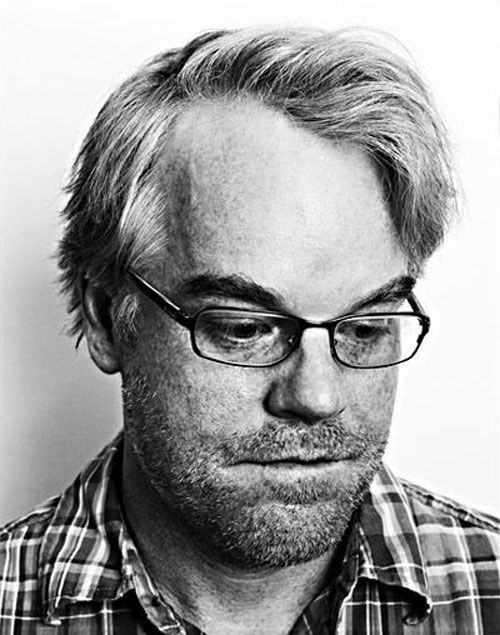Lawrence O'donnell did a tribute to PSH on his show last night. So far, only the second part of the tribute has been posted on youtube, here is that part, with the film critic David Denby.
[YOUTUBEIF]2kEN4h-WnEQ[/YOUTUBEIF]
.
[YOUTUBEIF]2kEN4h-WnEQ[/YOUTUBEIF]
.


 RIP Phillip Hoffman
RIP Phillip Hoffman 
